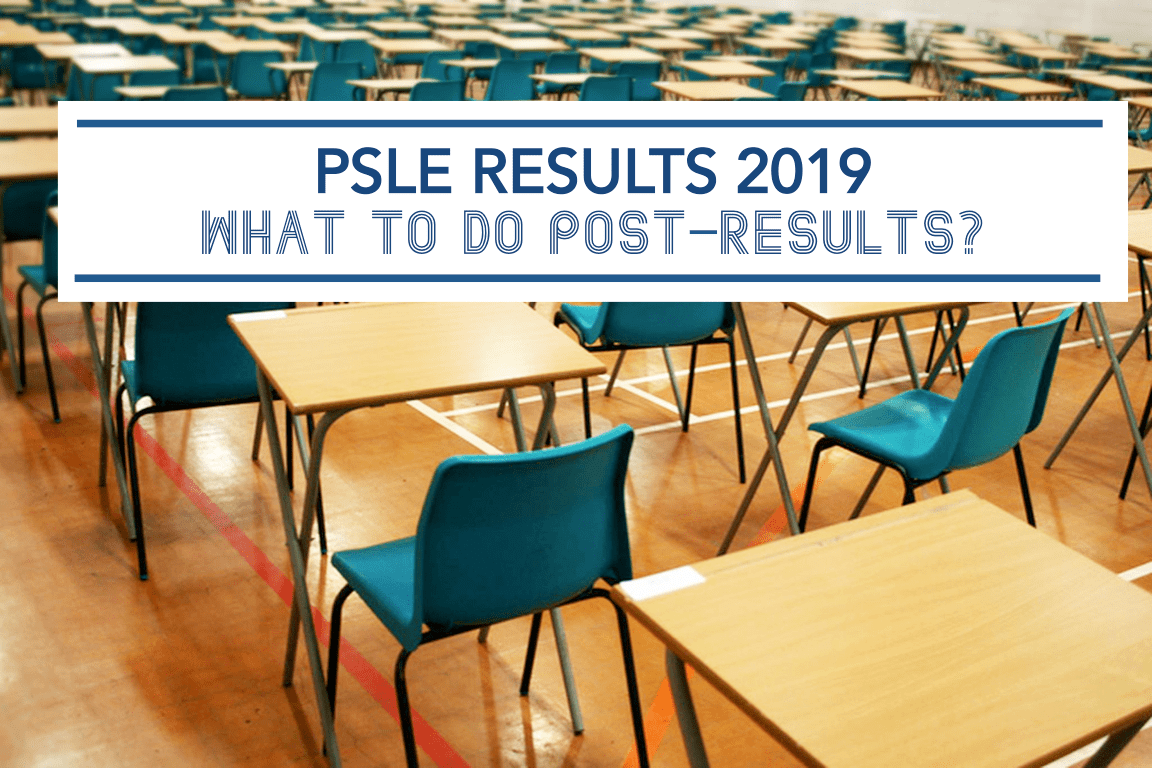
The wait for the PSLE results is likely to be almost as stressful for parents as it is for their children, and I do not blame you for being anxious in this competitive and expensive tiny island.
With the release of the results, it can be easy to lash out at your under-performing and timid child, or ignore your young jubilant achiever. Let us offer you some advice on how you could react!
Part 1: How Should I React to My Child’s Results?
1.1 My Child Didn’t Meet Expectations
1.2 My Child Exceeded Expectations
Part 2: What Do I Do Next?
2.1 Important Dates to Remember
2.2 Making an Appeal
Part 1: How Should I React to My Child’s Results?
At this crucial moment, your child is probably feeling emotional at this point of time, wondering about what schools they can apply for, or comparing themselves to their peers.
Regardless of your child’s performance, do not react negatively to the news. After all, what’s done is done. What is most important is that you are there to support them and move forward together.
As a parent, your assurance and support means the world to your child.
Assure him or her that you’re proud of their efforts. Focus on understanding them, supporting them, guiding them, and giving them confidence for the future.

If Your Child’s Results have Fallen Short of Expectations, It’s Not the End of The world!
Your child’s PSLE results may feel like the most important thing for the both of you right now, but I assure you that it will not be the case in a few years time.
PSLE results are hardly a measure of a child’s potential in the future.
Thinking back, some of my peers with stellar PSLE results did not perform well in O levels and A levels. Yet, some who did poorly in PSLE have moved on from normal stream into A-levels or polytechnics and subsequently gotten into prestigious universities with scholarships!
1) Coping with poor results
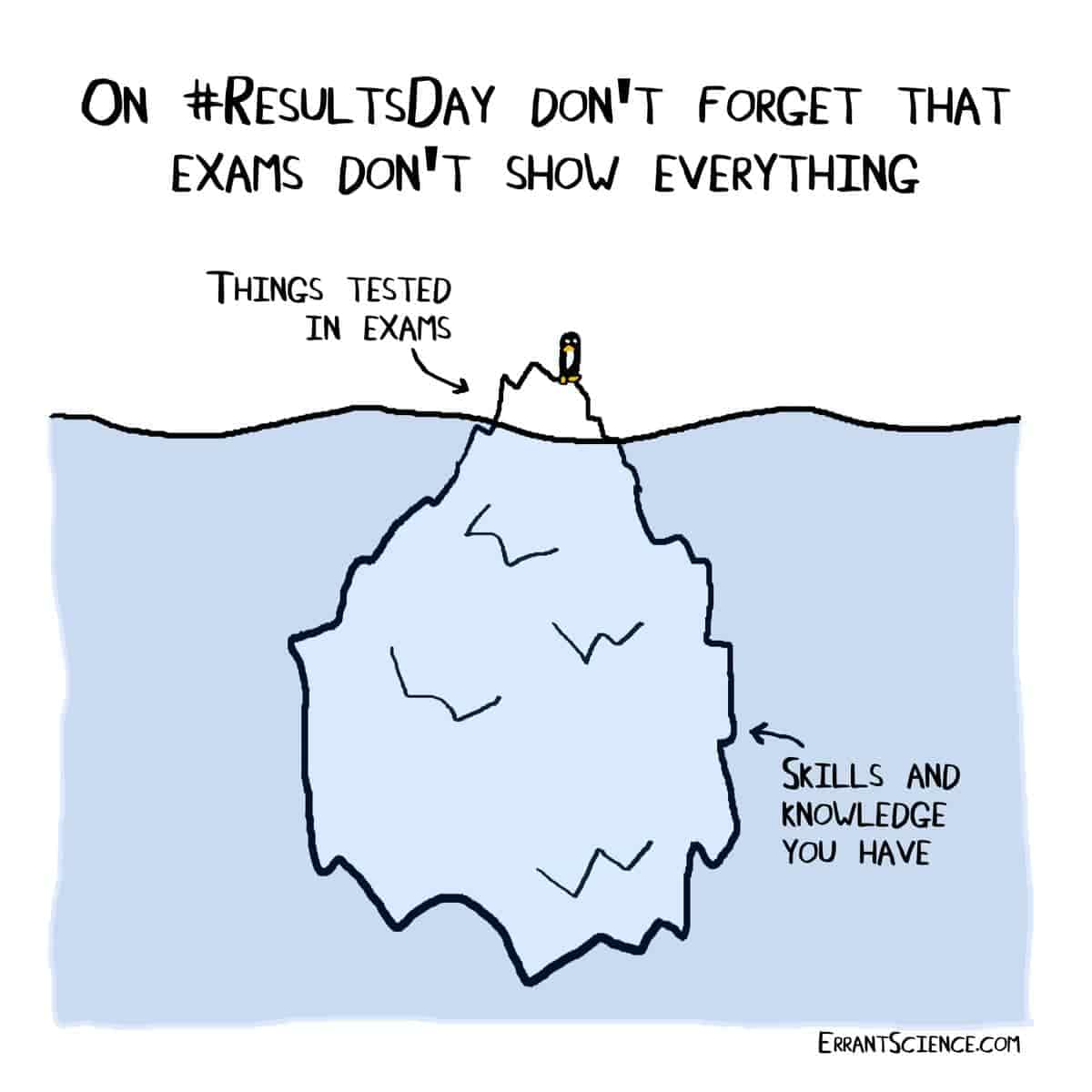
It is difficult to react well to bad news.
If you face a situation where your child is unable to confidently enrol in the preferred secondary school….
Should you express your disappointment? Should you take his results personally?
Before letting your emotions and thoughts get over your head, make sure to ask the right questions and hear what your child has to say about this setback:
Was he / she surprised by the result? Was he / she was adequately prepared for the examinations? Is he/she disappointed or frustrated?
By keeping a cool composure and allowing your child to reflect upon his results personally, you stand to gain a deeper understanding of your child’s attitude, lifestyle choices and environment, and decipher if those factors have led to this current performance.
Lastly, convey your thoughts about your child’s performance by reminding them of their past successes and their effort, and be sure to remind them that their current results does not define them in the long run.
Through a student’s life, it is inevitable that he/she would encounter results that have fallen short of expectations; hence, it is important to let your child know that they can still improve and succeed in life despite performing poorly this time. There’s always hope!
2) Rest well
You should now accept that things are done, and cannot be undone.
Appreciate the need for a break, and allow your child to indulge in activities and experiences that he/she raved about before the examinations.
Who knows, this playtime might provide chances for your child to tread on a path for sporting or artistic successes beyond the academics.
Many parenting websites provide a list of Post-PSLE activities for your child to partake in, such as Eventbrite’s Post-PSLE Robotics and Coding Course, and The Learning Lab’s Secondary 1 Leadership Camp which seeks to strengthen your child’s character and learning.

3) Looking ahead
While allowing your child to enjoy the time of his / her life, prepare them adequately for the additional academic rigour demanded by a secondary school education.
Using the knowledge gained from listening to your child, cater for learning opportunities between playtimes.
Such lessons can come from preparatory classes held by tuition centres, or from tuition agencies’ freelance tutors that have much greater flexibility and freedom in crafting transitional learning experience.
Likewise, explain and recommend changes to your child’s lifestyle choices and environment and ensure that they are comfortable with these changes.
This responsibility gives them the much-needed confidence for self-learning and self-motivation, which are crucial in the lead-up to the post-secondary N/O Levels.
Eventually, the child will have to take all responsibility of their learning, and therefore, it would be sensible to start exercising this change now.
“Wise parents prepare their children to get along without them” Larry Wilson
A positive mind-set sets the right stage for your child to move forward, and look for compatible schools that offer curriculum that differ in approaches and specialities.
Depending on your child’s interests, it may be a school with a strong co-curriculum culture, or unique examinable subjects such as Physical Education in O-Levels.
If Your Child has Done Well, That’s Great!
Give yourself and your child a pat on the back! It is always a pleasant surprise to do well for exams. One’s success is often a result of hard work and you should be proud of your child’s efforts.
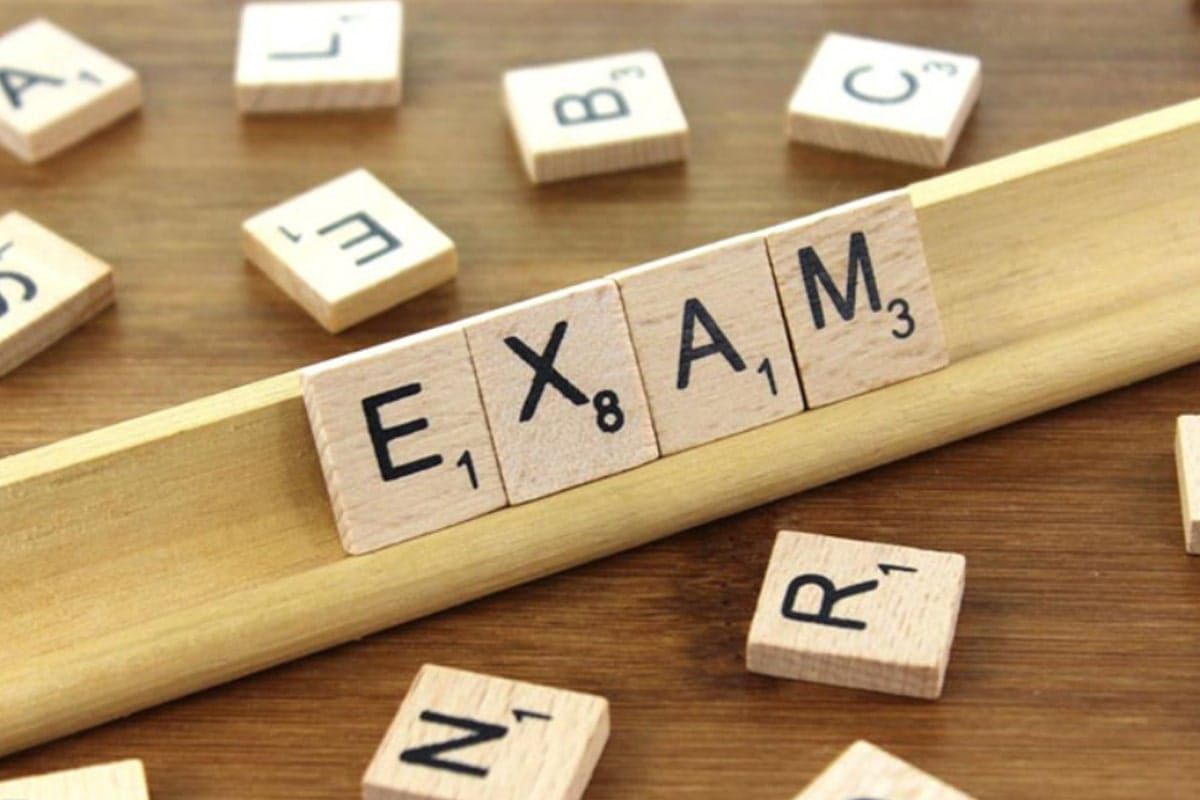
1) Responding to the results
Celebrate with your child, take the time to go out for a meal, or give your child a reward for his/her effort in the previous months.
Let your child celebrate his/her success together with you, but let him know that through the entire process, what was most important was that he tried his best.
2) Moving forward
While celebrating today’s success, know that PSLE is simply the first of many national exams that you would go through with your child. Good PSLE results do not guarantee good N/O level results and do not secure a definite path for your child.
Post-PSLE results, you should be looking to find a suitable secondary school for your child as your progress onto the next milestone of your child’s education.
Make sure to find a school that matches your child’s needs and talents, and also one that has a supportive environment for your child to thrive.
Do not put so much pressure on your child when he/she enters secondary school as your child would move to face additional challenges in terms of unfamiliar subjects, more subjects, as well as needing to adapt to a new environment.
Take the holidays to learn more about your child’s learning methods, learning techniques, as well as the environment he/she thrives in, as this knowledge would definitely be a value add in the future.
Part 2: What Do I Do Next?
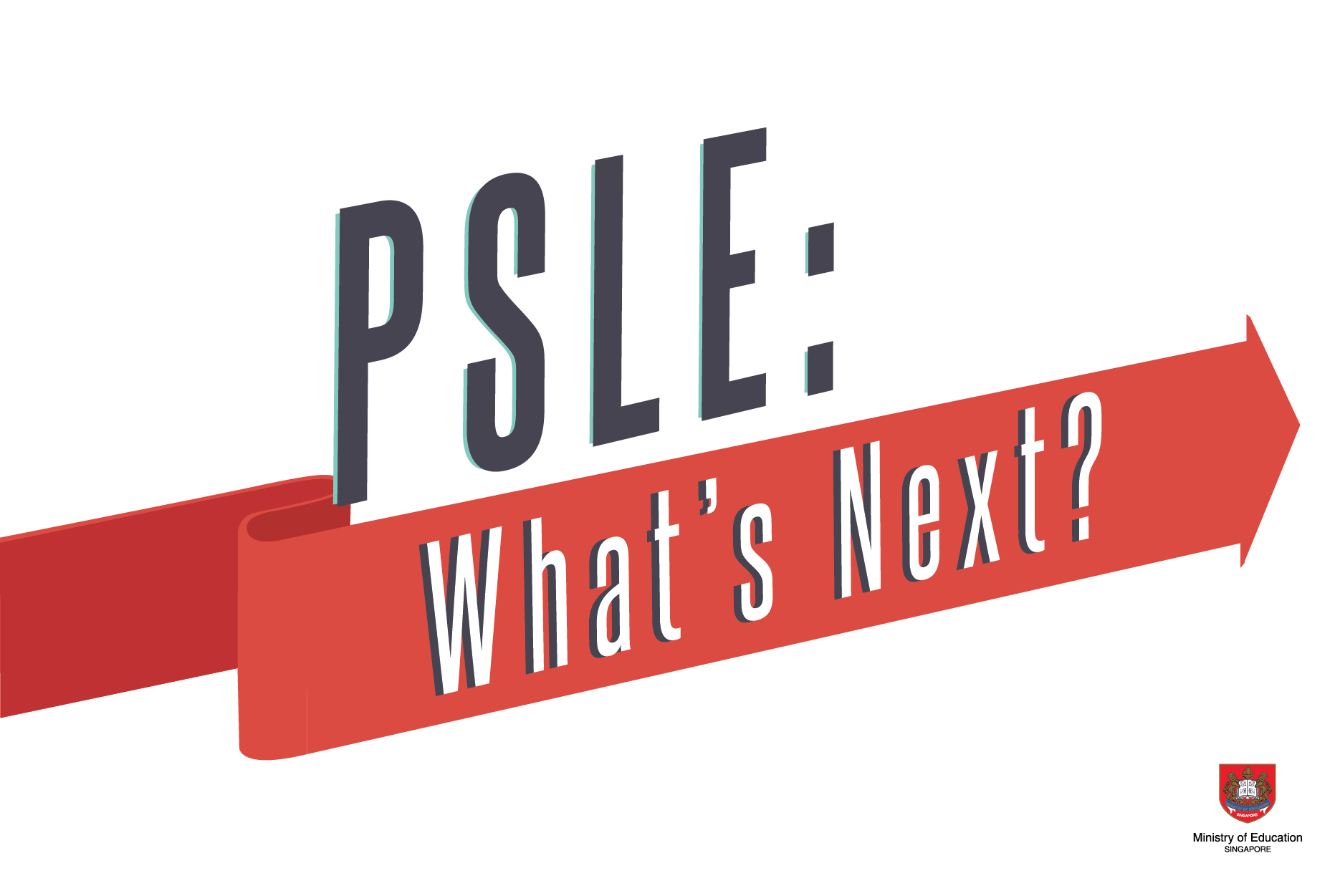
With the results released, you can now begin to contemplate and choose your child’s six preferred Secondary Schools, of which the allocated school should be selected from.
We’ve compiled important secondary school application dates and details that you should remember and adhere to, so that your child has a smooth transition to the next milestone in his / her education journey.
Important Dates to Remember
• Release of Results: Thursday, 22nd November
• Submission of School Choices: From Thursday, 22nd November, to next Wednesday, 28th November
• School Allocation Results: 19th December
• Report to Allocated School: 20th December
Selecting your Secondary School (22nd November – 28th November)
Following the release of the results, you should choose the 6 most suitable schools by assessing their:
• 2017’s PSLE Aggregate Range
• Subjects / Electives Offered
• Co-Curriculum Activities (CCA) Offered
• Location and Accessibility of Campus
Information to aid your deliberation can be found on MOE’s Website (here) or within the Secondary Schools booklet (PDF version available here)
Discuss with your child the preferred choices with these mentioned factors as they will be heavily involved in school activities during the next 4 years. Take note that non-academic considerations are equally important since CCA performances will eventually contribute as bonus points in the N/O-Levels.
Submitting your choices
The deadline for submitting is on Wednesday, 28th November at 3 PM
The submission can be done online or in-person:
• S1 Internet System (S1-IS) (here)
S1-IS is available online 24-hours beginning the 22nd November, at 11 AM, and the choices can be submitted via the online forms provided
• In-person at respective Primary School
The S1 Option Form is used to mark the choices and should be submitted to the school’s general offices, from:
11 AM to 3 PM on the 22nd November, or
9 AM to 3 PM on subsequent days
(Schools may have differing operating hours, hence do confirm before heading down)
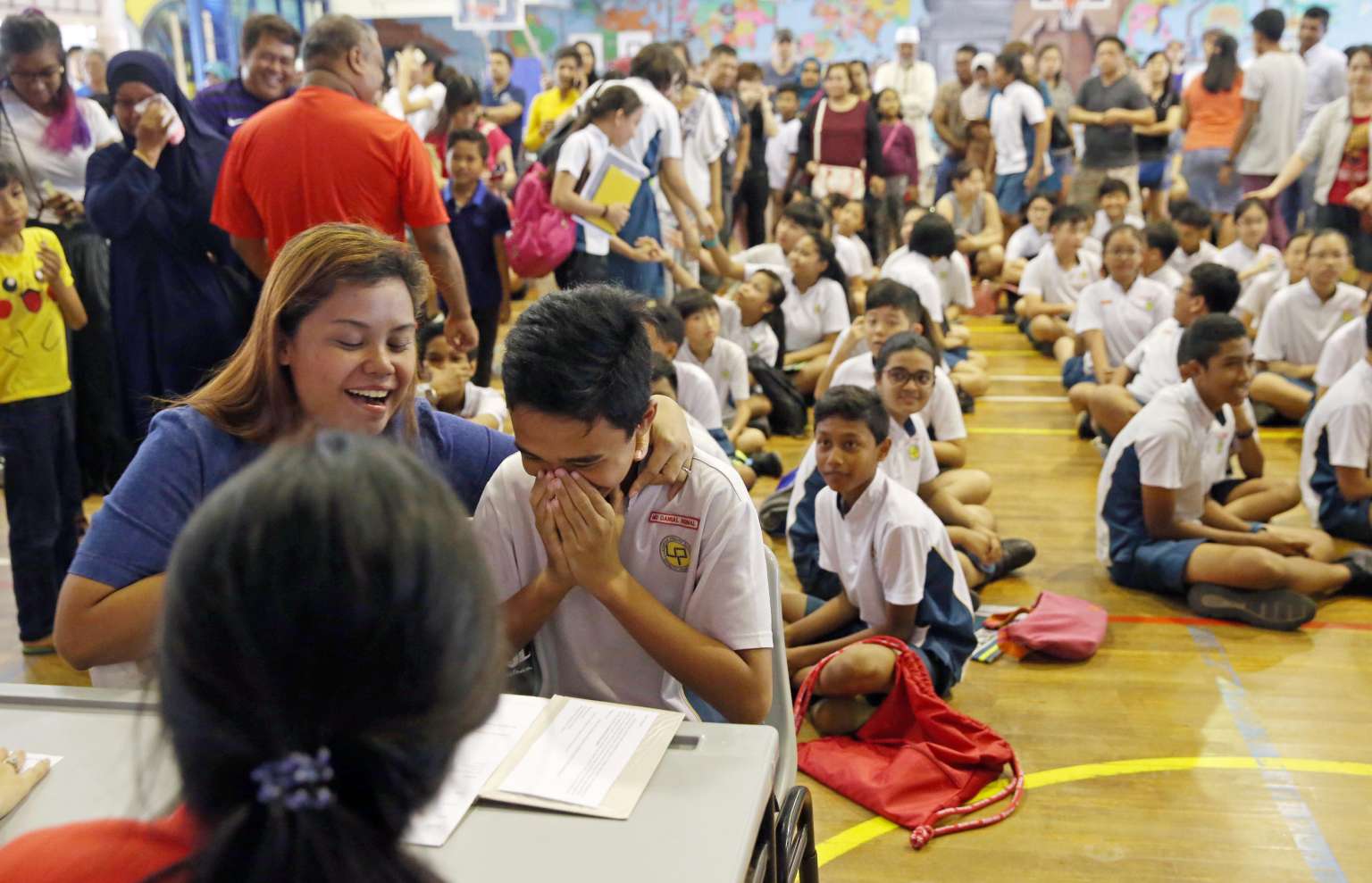
Allocation Results (Wednesday, 19th December)
The school allocation results will be released on Wednesday, 19th December, and can be obtained via:
• Online via the S1-IS
• SMS
• Your child’s Primary School
Reporting to School (Thursday, 20th December)
Your child must report to their allocated Secondary Schools at 8:30 AM on Thursday, 20th December, with the following:
• Dressed in their Primary School uniforms
• Student Card
• PSLE Results Slip
• Primary School Report Book
As some schools may be conducting familiarisation activities, and hold sales of textbook and uniforms, you are encouraged to be present to support your child’s transition to Secondary School.
Making an Appeal

Appeals to transfer to other Secondary Schools can only be considered on the grounds of:
• Serious medical conditions, such as chronic heart conditions or kidney problems
• Dyslexia or Autism Spectrum Disorder
• Physical disabilities, such as those requiring the use of a wheelchair or crutches
Appeal requests can only be filed via the allocated Secondary School on the 20th of December, after the child has reported to the school.
Furthermore, the child has to attend the allocated Secondary School until the transfer is approved by MOE. MOE will respond to all transfer appeals by early January 2019.
Back to top
Conclusion
Receiving PSLE results is one of the most stressful experiences for you and your child. Thinking back, I remember being unable to sleep the night before my results release.
I was thankful that my parents accompanied me to school and provided emotional support when I confronted my results. Without hesitation, they were accepting, and contented that I did my best.
Not every student leaves the school with a smile on their face, but every parent should leave the school with the confidence and trust in their child.
